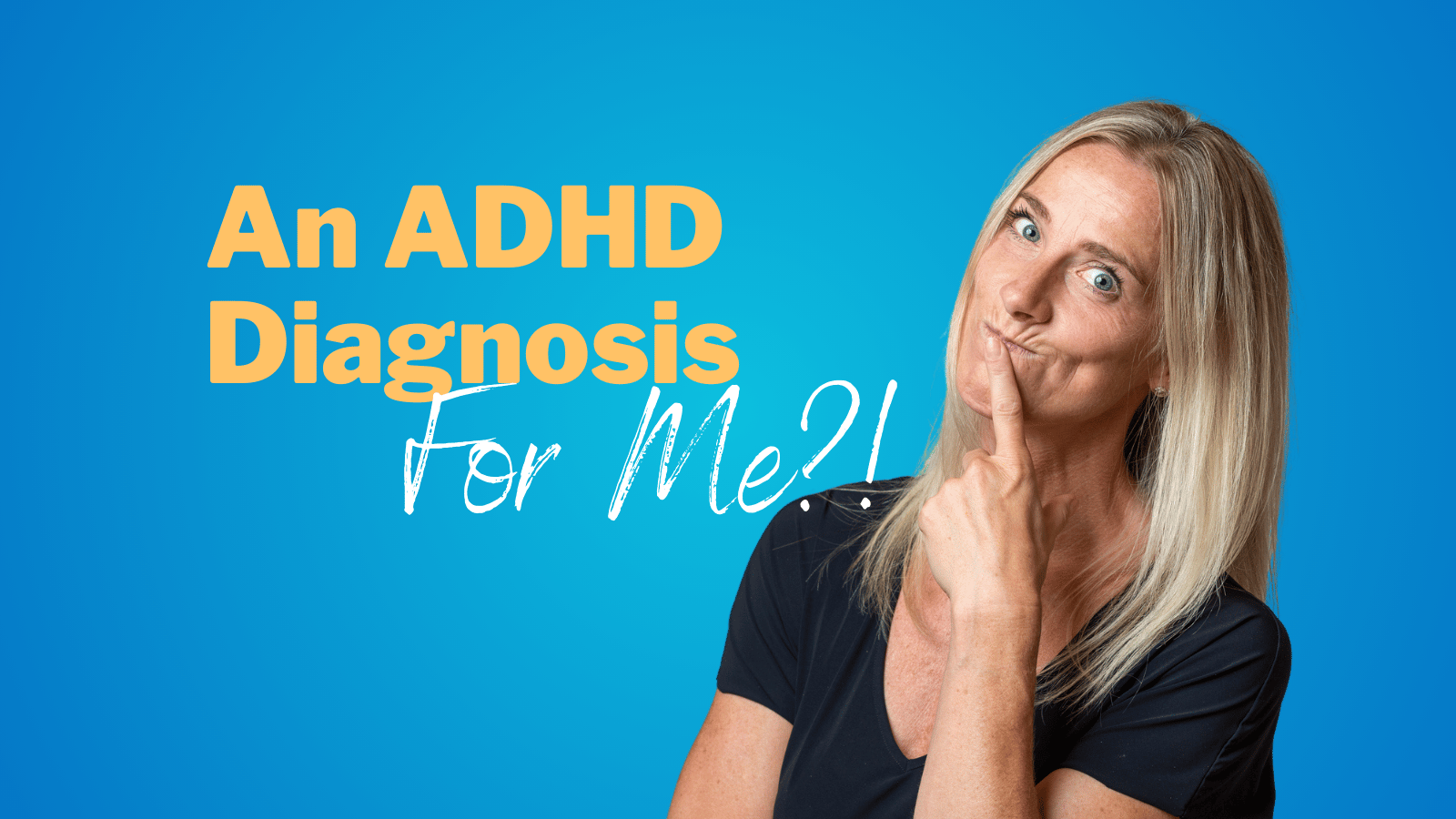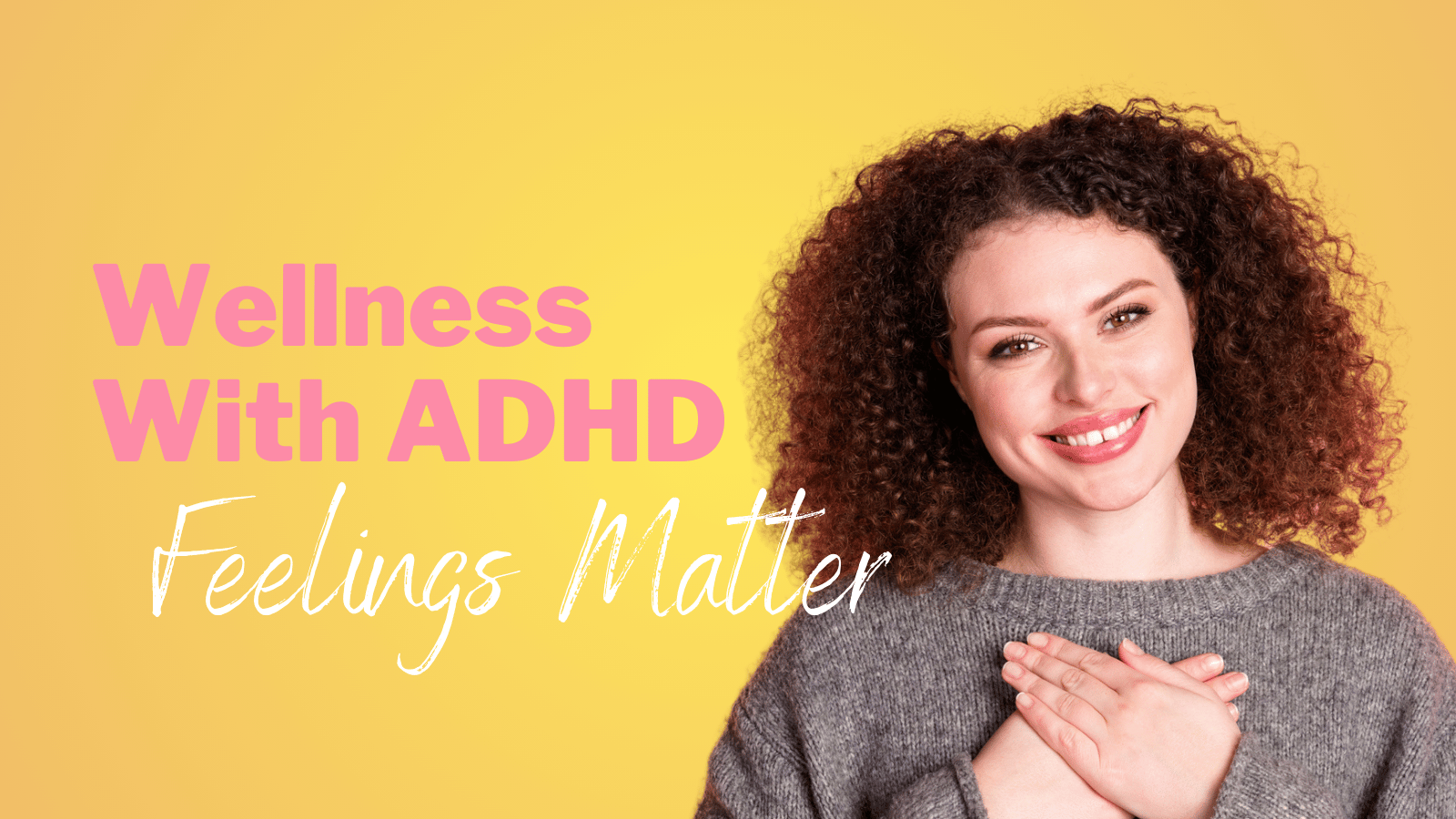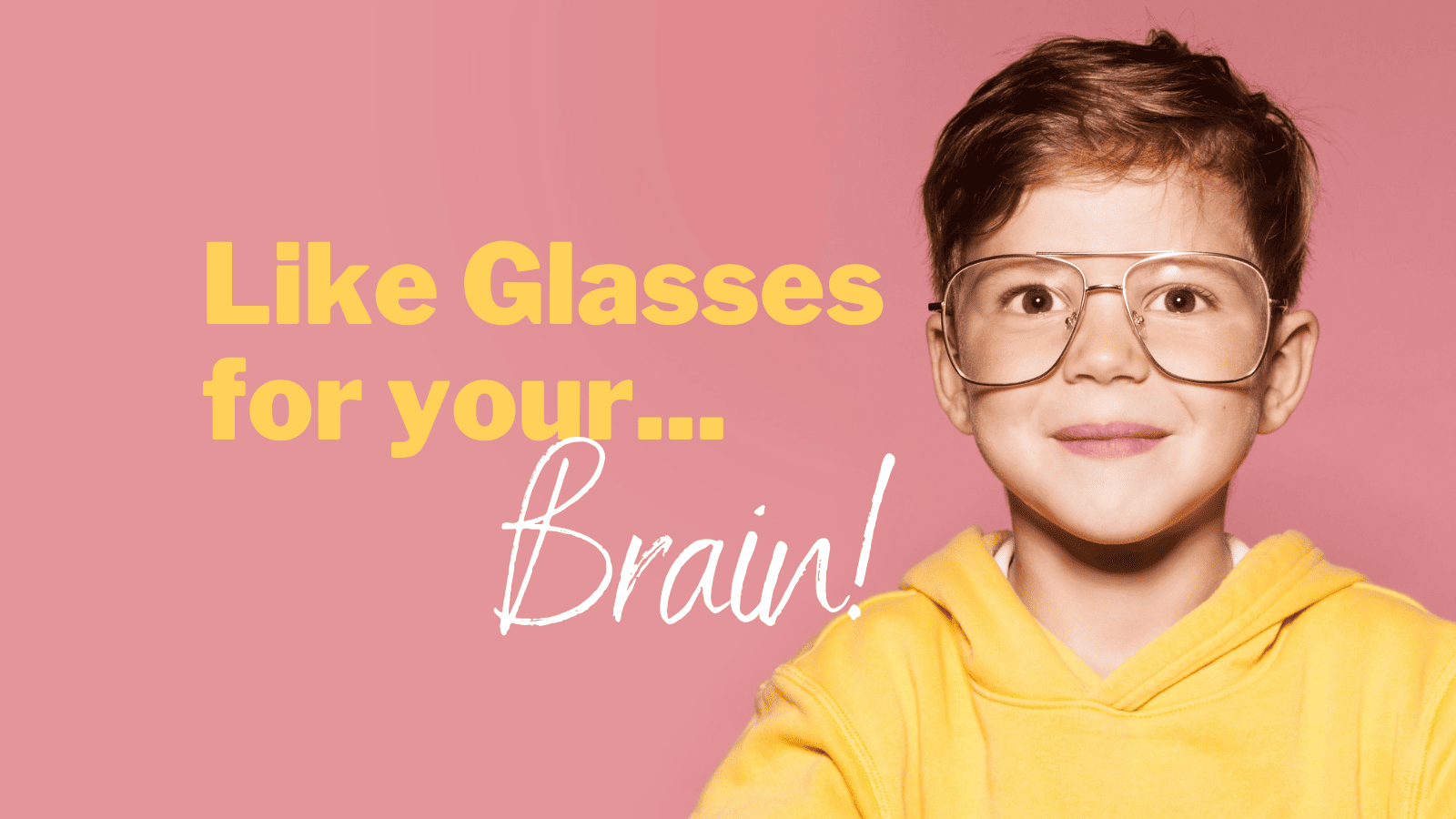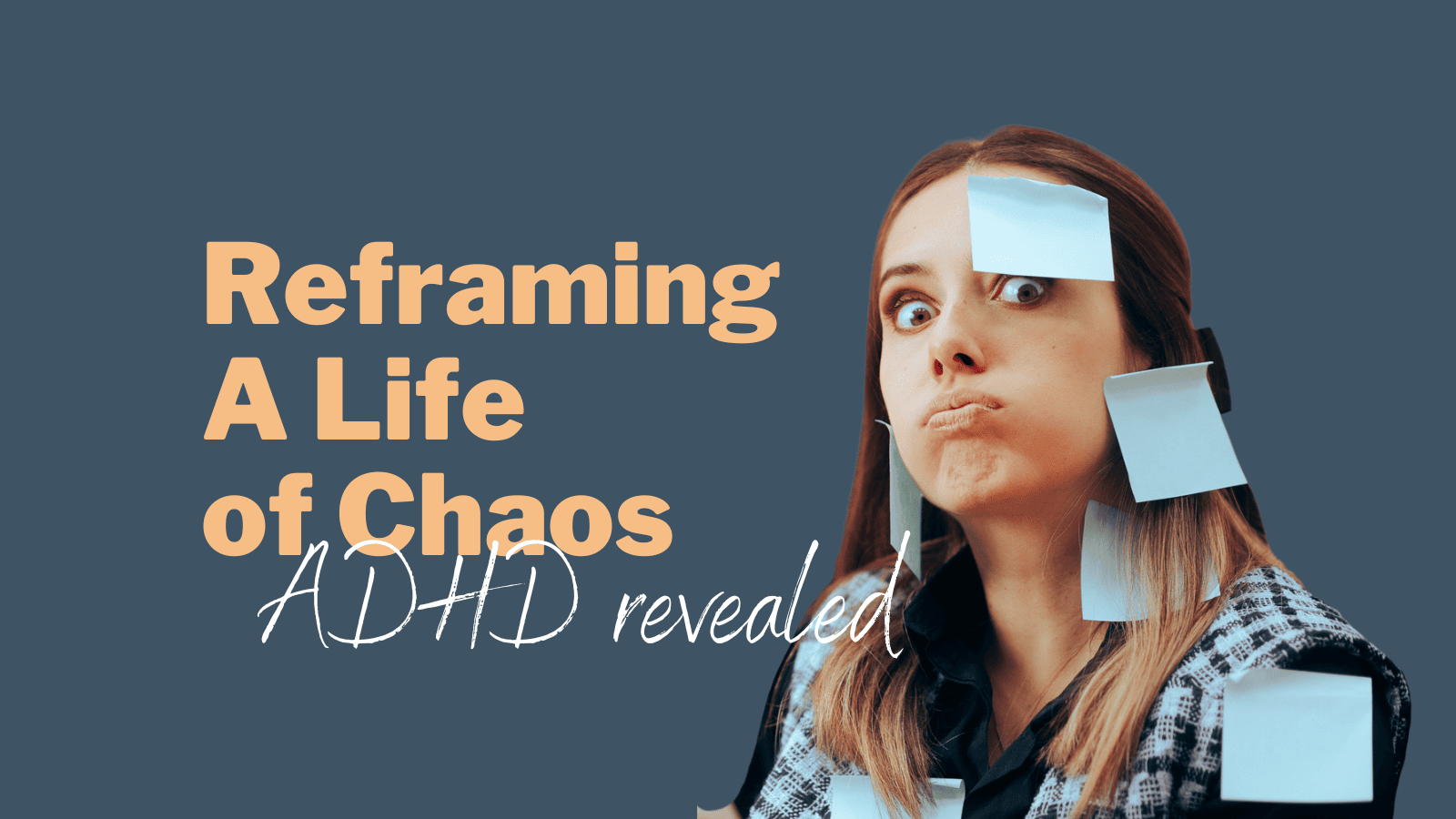1. You didn’t choose to have ADHD.
Did you choose your eye colour? Your date of birth? Nope! ADHD is something most people have from early childhood. BUT! That doesn’t mean you have to let it run your life. There are loads of things people with ADHD can do to do very well at school and in their friendships. We need coaches to help us, and these coaches can be teachers, psychologists, tutors, and even your own parents!
2. ADHD is in your brain (but it’s not all “in your head”).
Brains use different chemicals to communicate messages that help us do what we need to do. In brains with ADHD, sometimes these chemicals either don’t work as well, or work too hard…leading us to be hyperactive or have problems with focusing (or sometimes, becoming TOO focused!). Sometimes, doctors will recommend medication that help our brains to balance these brain chemicals so that we can feel more in control.
3. ADHD brains are VERY active.
So, if you are disengaged, distracted, moving around, it’s not because you are a bad kid, it’s because the brain keeps us moving. So, you have to become the boss of your brain.
4. People may think you can’t do certain things. You can! But sometimes, you have to do things in a different way than your classmates.
You can talk, perform, make a video, interact, discuss, present, or combine any of these or other ways of letting people know what you know. Writing an essay is only ONE way to get to know what and how you understand things. Testing is one other way. You and your teacher can find a lot of other ways!
5. Sometimes, the world around you is boring compared to what is happening in your head.
If people with ADHD had a mascot, it’d be a squirrel, because: SQUIRREL! Why squirrels? Because they are fast, funny, engaging, interesting, curious, constantly on the move…remind you of anyone? Compared to squirrels, people are pretty boring.
6. You probably know how to look like you are paying attention, even when odds are that you are probably not.
People with ADHD learn how to camouflage, just like a chameleon. Why do chameleons camouflage? To avoid detection. So, you know HOW to look engaged and interested and smiling and nodding is a socially positive way to camouflage. But camouflage is avoiding. Let your teacher know that sometimes, you camouflage so that he or she can help you feel more safe in the classroom so that you don’t have to “hide.”
7. Sometimes, you probably more interested in what is going on around you than you are in what is happening right in front of you.
Wayne Gretzky’s peripheral vision (his ability to see things out of the corners of his eyes) was unbelievable. He once said that to most players, the goalie was a blob of pads. He saw the goalie as a blur – what he really saw was open net. People with ADHD are like Gretzky – they see things that other people don’t.
8. ADHD does not affect only your behaviour at school.
It’s like a lens – imagine wearing sunglasses all the time – sometimes, it would be great – especially on sunny days. But sometimes, it’d be a pain – like when you are tying to read or watch a movie. Having ADHD is like wearing sunglasses all the time – sometimes it’s good, sometimes it works against you, but no matter what, it changes how you see things.
9. Anxiety (stress) and other big emotions make it difficult for you to express yourself.
So, you may miscommunicate a lot. In a LOT of ways (verbally, body language, eye contact, how close you are to someone else, sitting appropriately in class, etc.). Sometimes, you need reminders about how to communicate in a positive way with your classmates and friends, your teachers, and your family.
10. You think about things in a lot of different ways. I like to think outside of, around, through, in, and above the box. In fact, there is no box. Attempts to put me into a box will be very similar to giving a cat a bath – it may seem like a sensible thing to you, but it is against every instinct of the cat.
11. My brain has ADHD – and so does my body.
I can be oversensitive to touch, I need to move, I flop. I touch. I make sounds. Generating noise is satisfying and soothing.
12. I hate the wrong kind of attention.
So, if I feel threatened, I do what almost all humans (and animals) do when under threat – Fight, Flight, or Freeze. Being in school has taught me that fighting will not work (usually we figure this out in grades K-3). Flight works well, and does not mean that I run away – but I become a master-avoider (a master-voider, if you will). I will make jokes and act goofy to distract you; I will do nothing rather than make an effort because I am afraid of being judged; I will skip classes; I will have some of the most creative and engaging stories about why my homework is not done or my assignments are not complete (perhaps’ you heard the one about the computer dying – never, oddly, during a game, it would appear that Microsoft Office is the main reason computers crash – or the one about the email that I sent that somehow didn’t get to you – or the fact that the assignment is complete, printed, and sitting on my kitchen table at home, or…)
13. I will do pretty much anything for the right kind of attention.
Because I am highly sensitive to positive feedback – I love it! But, it’s a rare treat. I spend so much time getting negative feedback that I sometimes distrust positive feedback. It’s like Charlie Brown trying to kick the football – Lucy will almost always pull the ball away. But Charlie Brown keeps going for it, because over the decades, he has become conditioned to believe that MAYBE the next time will be the time she doesn’t pull it back. It’s analogous to getting positive feedback – we will keep trying for it, and we can work hard for it – yet we are afraid that if we get it, it will be disingenuous or followed with the dreaded “but.” You did a great job of getting out for recess without kicking or pushing, but…” Teachers need to carefully consider the need for what follows the “but” – is what follows helpful? Will it diminish what came before? Is the student probably aware of what follows “but,” thus making unnecessary for the teacher to say it in the first place…
14. Relationships are my favourite.
My ADHD allows me to form very immediate connections, but we can mistake immediacy for a lack of depth. There are few folks in the world who are easier to form positive relationships with than kids with ADHD. They can be brutally honest, and they tend to value the same. Mutual resect can resolve many of the ADHD-related challenges.
15. Simple tasks are boooring!
Few of us enjoy rote, routine, boring tasks (laundry, dishes, vacuuming, etc.). Imagine if your day were 6 hours of nothing but stapling papers. 6 hours every, 5 days a week (oh, and if you have not completed X amount of stapling, you have to bring your stapling home). THAT is ADHD on worksheets. Try to be cautious about creating engaging work – worksheets can be a necessary evil (especially for developing automaticity and mastery of rote skills). But over-reliance builds discontent. Ditto homework.
16. I have about 17 things happening in my head at all times.
Picket fences neither picket, nor do they fence. That’s odd…
17. I can game/ play Lego/ etc. for hours – without being distracted. Actually, I just “look” like I can’t be distracted.
My distractions while gaming are limited to the basic sensory inputs of vision and hearing. Also, games provide high-intensity immediate positive reinforcement (remember what I said earlier about positives?). The split-second I press a button or move a controller, I get a reinforcement of noise and light. And sorry, as humans, our evolution has only gotten us so far – we are arguably the most highly evolved creatures on the planet, yet we are still shut down at a cognitive level by shiny things and jingly noises. Really, we are cats (again) v. laser pointers. My ADHD is highly satisfied by immediate positive reinforcement. Your math test or Social Studies project is simply no match for a loud noise and shiny pixels.
18. I know that I drive you and my classmates bananas sometimes, and I wish I didn’t, but I am young, my brain hasn’t finished baking yet, and as I said, my brain is different. So, please be patient, I am under construction. You have to break some eggs, and so on…
19. Potential can be a dirty word.
I have heard about my potential for years – specifically, how much I have, how great it is – and how I don’t live up to it. Think about this message – over time, what happens to my potential if I never live up to it? And, in all fairness, name one person who lived up to their potential – and then just stopped? We all have potential, we all try to live up to it, and we all fail to do so. But in failing, we learn, we adapt, we overcome.
20. I make excuses – make me give reasons instead.
21. Let me be proud of my ADHD
It could be argued that we all have a little but of ADHD, it comes down to does it work for or against us? Try to help me find ways to make it work for me – and ask me about how that could work. One way would be for me to have a range of choice (not unlimited choice, that’s overwhelming) and not too little (that’s frustrating). Somewhere in the Goldilocks range would be great.
22. My ADHD does not live in isolation – often, it brings along many friends, like anxiety, learning disabilities, ASD, giftedness, depression, substance abuse, and others.
Try to understand that again, none of these things are my choice – like most kids, I just want to be normal (or a few degrees from normal – let’s call it normal-ish). Having a neuropsychological condition was not something I signed up for. And the presence of comorbid disorders is an additional bit of fun and games that I could live without, but ADHD does not like to be alone.
23. Humor goes a long way!
Even failed attempts at humor help, especially if you admit that it was a failed attempt – it makes you human and (back to relationships again), I like humans.
24. As much as I like things to be active and engaging, I also thrive on structure and routine. I like to have a general overview of the day – it soothes my mind by allowing me to worry about 1 fewer thing.
25. Absolutes bother me. And vagueness bothers me.
So using phrases such as “total meltdown” or “completely defiant” or “never listens” or “always bother other students” are not helpful to me. They are vague and deterministic. They do not allow me to have hope for change, nor to they provide me with any clarity in terms of what I may have been doing wrong to upset the applecart at that particular time. Specific and hope-based messaging works WAY better. Instead of “You had a complete meltdown,” try “When you pushed Jimmy-Jo down on our way out to recess, and I called you back to apologize, you became very angry and started swearing at me (specific). I knew that you sometimes say things when you are emotional that you regret afterwards, and I was wondering how I can help you with that? (hopeful)”.
This article was originally published on Jan. 18, 2018 and is gratefully reprinted with permission from the Macdonald Psychology Group.








